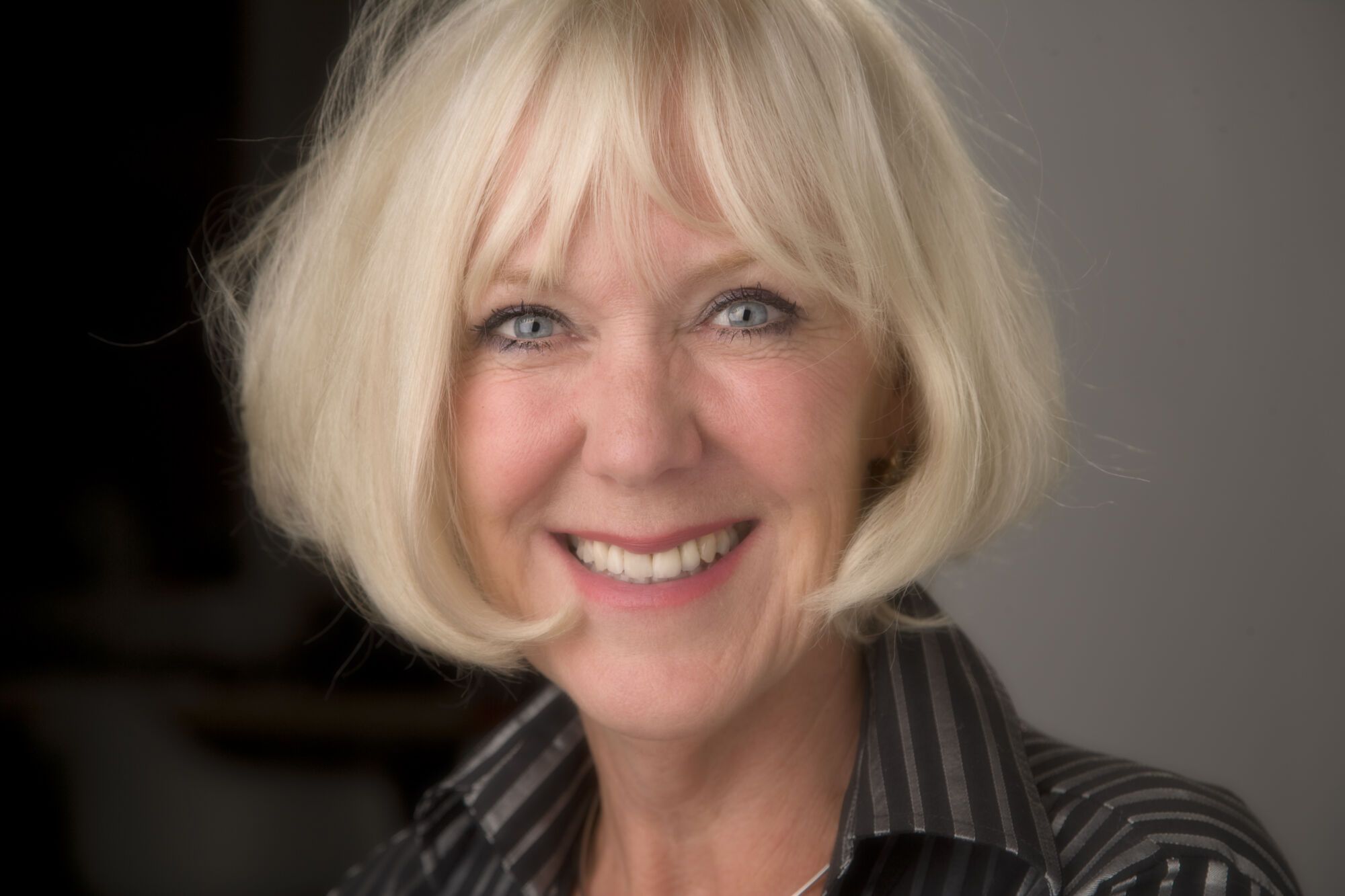Beer is one of the focal points of Danish culture. Every Friday night, one gets to see just how much – at the local universities.
One of the most iconic manifestations of the Danish affinity for beer is the concept of the Danish Friday bar, ‘Fredagsbar’. Every Friday, academic departments or student organizations set up makeshift bars in the university campus to celebrate the end of the week.
What student has not dreamt of drinking at their university?
In Denmark, that comes true; university Friday Bars, with some of the cheapest beers around, are the spot of choice for many students.
Relaxed relationship between professors and students
Friday afternoons see students sit down, drink, talk, dance or play beer pong in an informal setting with their peers, and even professors. In Denmark, the relationship between students and professors is notably more informal than in most institutions in other countries. Friday Bars exemplify this.
Friday Bars have their roots in the 1960s, when Danish students started organizing informal gatherings to mark the end of the academic week. The affordability of drinks at Friday Bars have made them synonymous with kicking off the weekend.
These bars are identified by name, place, or even drinks specialties, depending on the academic department. For instance, the history bar might have historical decorations plastering the room, or the medical studies bar might be a party bar with loud music.
Often students hop between Friday Bars, starting light and ending their night with dancing and music. Friday Bars are so popular that they have even been noted as the top customers of beer brewing companies.
A Friday Bar is a quintessential Danish experience – a blend of academia, social life, and beer.














